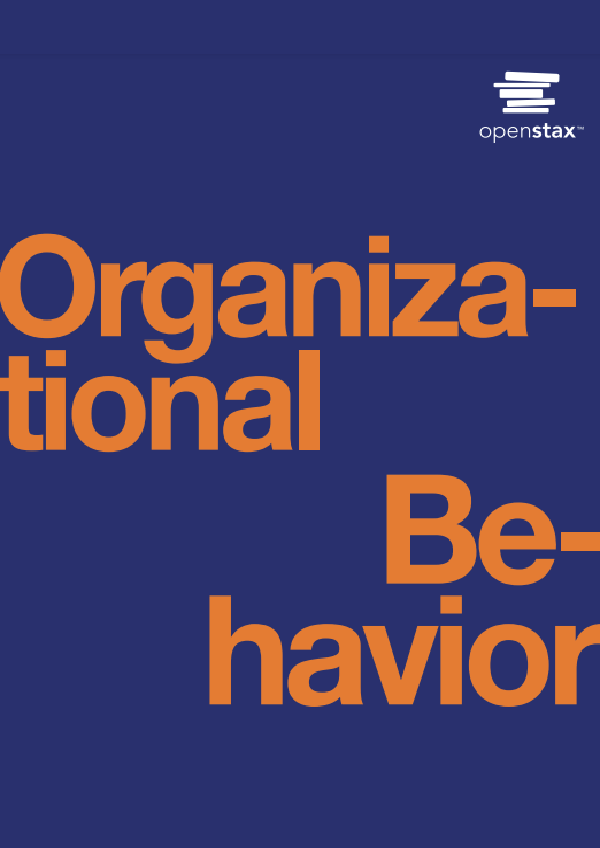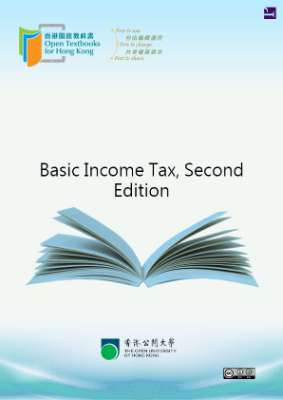The Nature of Work
1. What is the meaning of work in a societal context?
The Meaning of Work
Work is an intentional activity people perform to support themselves, others, or the needs and wants of a wider community. Alternatively, work can be viewed as the human activity that contributes (along with other factors of production) to the goods and services within an economy.
What is work, and how do people feel about the work they do? These questions may be answered from several perspectives. Perhaps one of the best ways to understand how people feel about their jobs is simply to ask them. A number of years ago Chicago writer Studs Terkel did exactly that. How did the people he interviewed feel about their jobs? Here are some excerpts from his book Working.
I’m a dying breed. . . . A laborer. Strictly muscle work . . . pick it up, put it down, pick it up, put it down . . . you can’t take pride any more. You remember when a guy could point to a house he built, how many logs he stacked. He built it and he was proud of it. —Steelworker [p. 1]
I changed my opinion of receptionists because now I’m one. It wasn’t the dumb broad at the front desk who took telephone messages. She had to be something else because I thought I was something else. I was fine until there was a press party. We were having a fairly intelligent conversation. Then they asked me what I did. When I told them, they turned around to find other people with name tags. I wasn’t worth bothering with. I wasn’t being rejected because of what I said or the way I talked, but simply because of my function. —Receptionist [p. 57]
People ask me what I do, I say, “I drive a garbage truck for the city.” . . . I have nothing to be ashamed of. I put in my eight hours. We make a pretty good salary. I feel I earn my money. . . . My wife’s happy; this is the big thing. She doesn’t look down at me. I think that’s more important than the white-collar guy looking down at me. —Sanitation Truck Driver [p. 149]
I’m human. I make mistakes like everybody else. If you want a robot, build machines. If you want human beings, that’s what I am. —Policeman [p. 186]
I usually say I’m an accountant. Most people think it’s somebody who sits there with a green eyeshade and his sleeves rolled up with a garter, poring over books, adding things—with glasses. I suppose a certified public accountant has status. It doesn’t mean much to me. Do I like the job or don’t I? That’s important. —Accountant [p. 351]
The boss . . . lost his secretary. She got promoted. So they told this old timekeeper she’s to be his secretary-assistant. Oh, she’s in her glory. No more money or anything and she’s doing two jobs all day long. She’s rushin’ and runnin’ all the time, all day. She’s a nervous wreck. And when she asked him to write her up for an award, he refused. That’s her reward for being so faithful, obedient. —Process Clerk [p. 461]
Examples such as these—and there are many, many more—show how some employees view their jobs and the work they perform. Obviously, some jobs are more meaningful than others, and some individuals are more easily satisfied than others. Some people live to work, while others simply work to live. In any case, people clearly have strong feelings about what they do on the job and about the people with whom they work. In our study of behavior in organizations, we shall examine what people do, what causes them to do it, and how they feel about what they do. As a prelude to this analysis, however, we should first consider the basic unit of analysis in this study: work itself. What is work, and what functions does it serve in today’s society?
Work has a variety of meanings in contemporary society. Often we think of work as paid employment—the exchange of services for money. Although this definition may suffice in a technical sense, it does not adequately describe why work is necessary. Perhaps work could be more meaningfully defined as an activity that produces something of value for other people. This definition broadens the scope of work and emphasizes the social context in which the wage-effort bargain transpires. It clearly recognizes that work has purpose—it is productive. Of course, this is not to say that work is necessarily interesting or rewarding or satisfying. On the contrary, we know that many jobs are dull, repetitive, and stressful. Even so, the activities performed do have utility for society at large. One of the challenges of management is to discover ways of transforming necessary yet distasteful jobs into more meaningful situations that are more satisfying and rewarding for individuals and that still contribute to organizational productivity and effectiveness.











